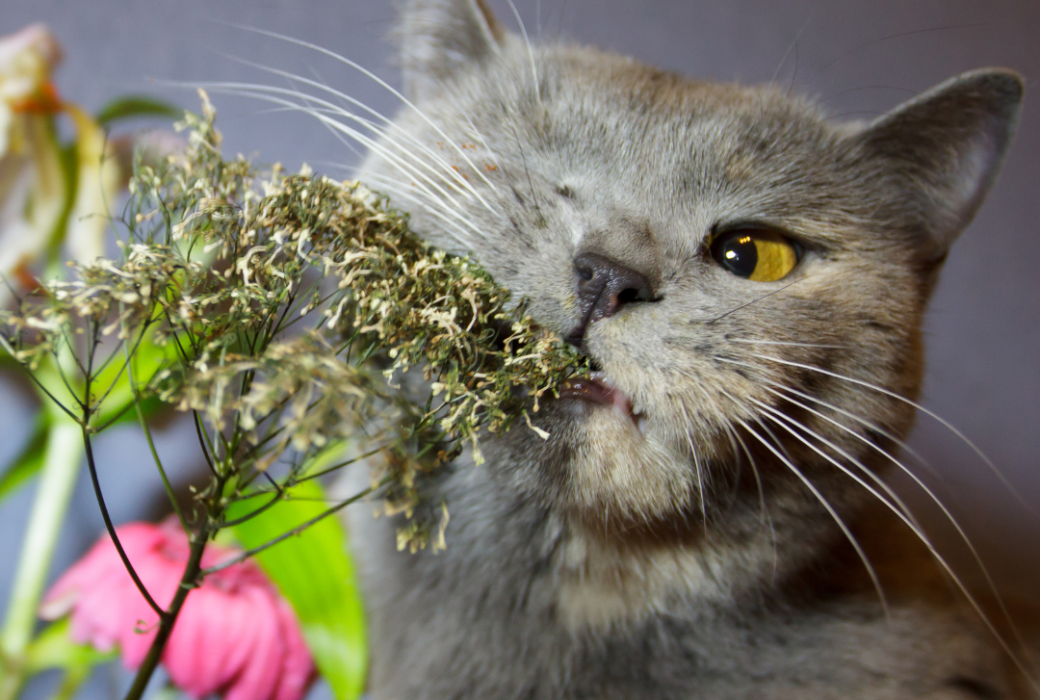As cat lovers and responsible pet owners, we often go to great lengths to create a safe and enjoyable environment for our feline companions. However, when it comes to indoor or outdoor plants, some of them can pose a serious threat to our curious and mischievous friends. Cats are known for their inquisitive nature and tendency to nibble on anything that catches their attention. In this blog, we will explore a variety of common plants that can be harmful or poisonous to cats, ensuring you’re equipped with the knowledge to create a cat-friendly garden.
- Lilies
Lilies, especially those from the Lilium and Hemerocallis species, are highly toxic to cats. Ingesting any part of the plant, including the petals, leaves, pollen, or even the water from the vase, can lead to severe kidney damage and, if left untreated, can be fatal. It’s best to avoid having lilies in your home or garden if you have cats.
- Sago Palm
Sago palms, popular as ornamental plants, are particularly dangerous to cats. All parts of the plant, but especially the seeds and the roots, contain toxins that can cause liver failure if ingested. Even a small amount can have serious consequences. If you suspect your cat has ingested any part of a sago palm, immediate veterinary attention is crucial.
- Azaleas and Rhododendrons
Azaleas and rhododendrons are beautiful flowering plants that can add color to any garden. However, these plants contain toxins called grayanotoxins, which can cause vomiting, diarrhea, weakness, and even cardiac abnormalities in cats. It’s essential to keep these plants out of your cat’s reach.
- Tulips and Hyacinths
The bulbs of tulips and hyacinths contain compounds called glycosides, which are toxic to cats. If a cat chews on these plants, they can experience gastrointestinal upset, drooling, and, in severe cases, difficulty breathing. Keep these springtime favorites away from your feline friends.
- Pothos
Pothos, also known as Devil’s Ivy, is a popular houseplant due to its attractive trailing vines. However, the leaves of this plant contain calcium oxalate crystals, which can cause irritation, burning, and swelling of the mouth, tongue, and throat when ingested by cats. Consider choosing pet-safe alternatives like spider plants or Boston ferns instead.
- Aloe Vera
While aloe vera has various beneficial properties for humans, it can be toxic to cats. The gel inside the plant’s leaves contains compounds that can cause vomiting, diarrhea, and tremors if ingested by cats. Keep aloe vera plants away from your feline friends or opt for safer alternatives.
Creating a cat-friendly garden involves being mindful of the plants we choose to have in our homes and outdoor spaces. By understanding which plants are harmful or poisonous to cats, we can ensure the safety and well-being of our furry companions. Remember to consult with a veterinarian if you suspect your cat has ingested a toxic plant or if you observe any unusual symptoms. With a little knowledge and careful planning, we can enjoy the beauty of nature while keeping our feline friends happy, healthy, and safe.

